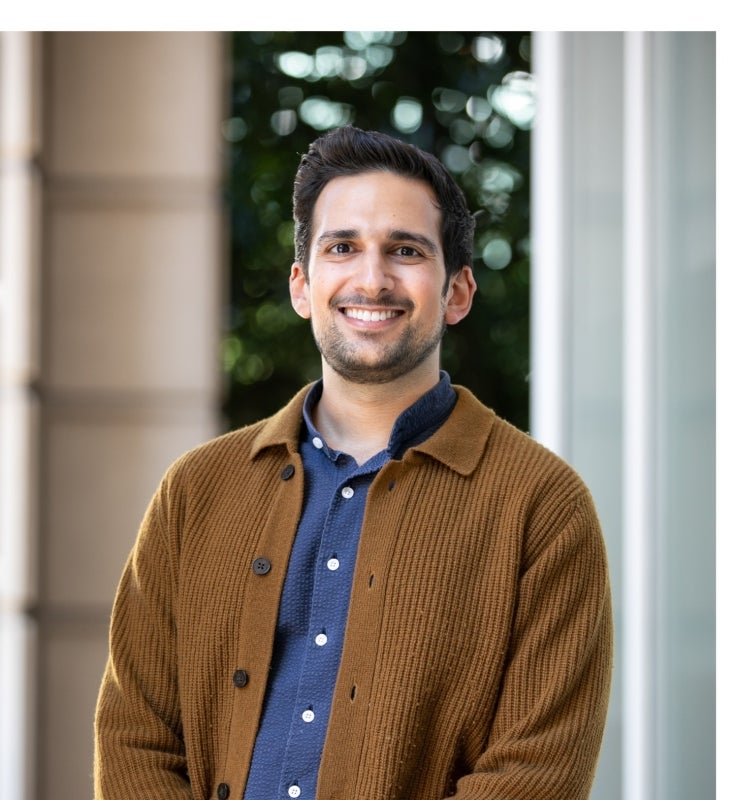When properly deployed, the immune system can render deadly pathogens harmless, eradicate metastatic cancers, and provide long-lasting protection from diverse diseases. However, realizing these remarkable capabilities is risky, as disruption to immune homeostasis can lead to dangerous complications. While current research is expanding the arsenal of potent immunotherapeutics, there is a technology gap when it comes to controlling when, where, and how long these agents act on the body.
Our research seeks to close this technology gap by deploying multifunctional nanomaterials as tools for immunomodulation and as building blocks for advanced macroscopic biomaterials. These materials feature exceptional immuno-modulatory capabilities that include precise spatiotemporal control over immunological cues. Overall, these self-assembled materials possess defined nanoscale architectures that can engage with biological systems in previously unexplored ways, providing valuable biomedical opportunities in the realm of immuno-engineering and beyond.
In this talk, I will describe my prior work developing highly specialized nanomedicines and nanoparticle-based immunomodulatory hydrogels. I will also share some of the recent materials advances coming out of my new independent research group.

Dr. Santiago Correa is an Assistant Professor of Biomedical Engineering at Columbia University, where he is also a member of the Herbert Irving Comprehensive Cancer Center. Dr. Correa is primarily interested in developing nanotechnology for both macro- and nanoscale technologies to reprogram the immune system to treat diseases like cancer and autoimmune disorders. Prior to beginning his faculty position, Dr. Correa was a Ruth L. Kirschstein F32 Postdoctoral Fellow in the Materials Science and Engineering Department at Stanford University, where he worked on immunomodulatory biomaterials in the Appel Lab. Prior to his postdoctoral work, Santiago received his PhD in Biological Engineering from MIT, where he investigated how nanoparticle surface chemistry could be engineered to target ovarian cancer and to fabricate multifunctional nanomaterials in the Hammond Lab. Santiago obtained his BS in Biomedical Engineering from Yale University, where he conducted research on the foreign body response to brain implants in the Kyriakides Lab.


